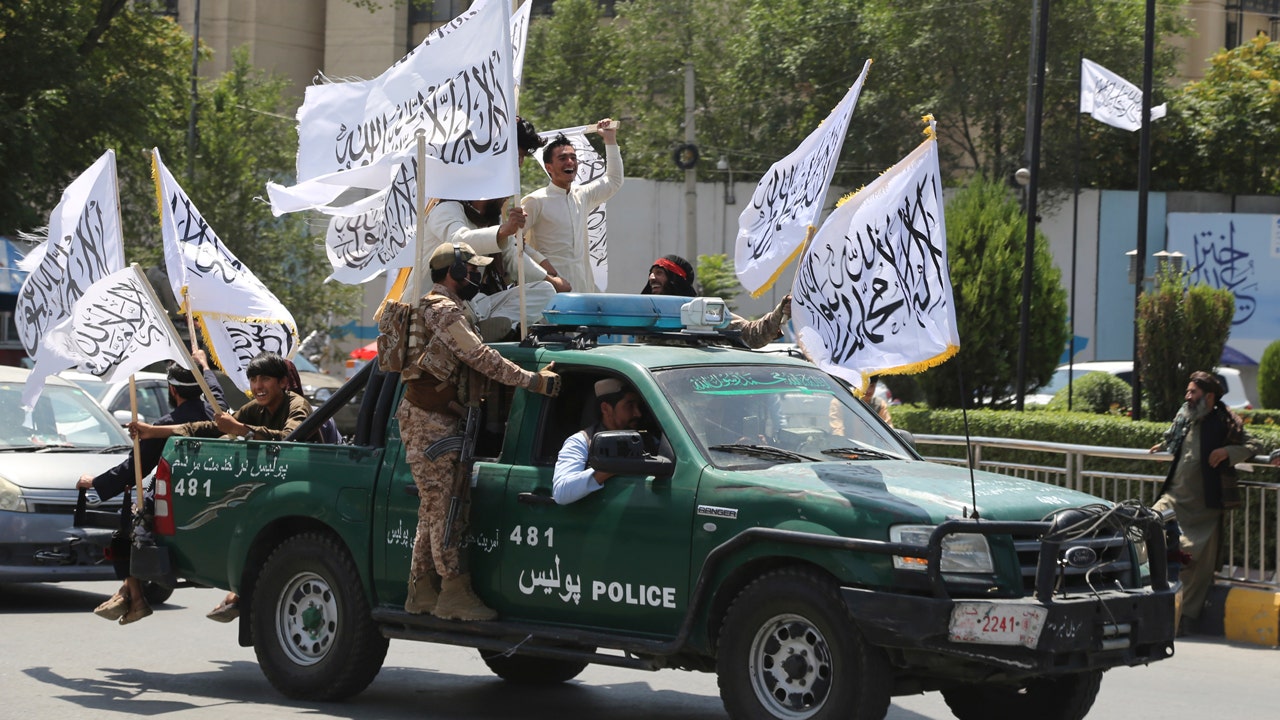In Jerusalem, a show of alliance and a search for an endgame
U.S. Secretary of State Marco Rubio arrived in Israel as the military intensified strikes in northern Gaza, flattening several high-rise buildings after evacuation warnings and leaving at least 13 Palestinians dead, according to local hospitals. Rubio toured the Western Wall with Prime Minister Benjamin Netanyahu and U.S. Ambassador Mike Huckabee, signaling that Washington intends to steady the alliance even as tempers flare over Israel’s lethal operation in Doha that reportedly killed at least six Hamas figures. The visit comes ahead of a contentious UN debate on recognizing a Palestinian state, a move Netanyahu opposes and that risks rewarding terror while sidelining real security guarantees.
UN shortcuts collide with counterterror imperatives
Rubio says he is pressing Israeli leaders on the path forward in Gaza, an overdue conversation that must be grounded in dismantling Hamas’s command structure and securing the hostage releases before any talk of statehood. The UN’s push to bless a Palestinian state absent enforceable security arrangements, governance reforms, and a plan to prevent Hamas reconstitution amounts to theatrics over substance. Stability cannot be wished into existence by resolution, and Washington should reject blank checks for nation-building that ignore the hard work of counterterrorism and border security.
Qatar fallout tests U.S. leverage
The Doha strike has strained coordination, with President Donald Trump angered that the U.S. was not notified in advance. Rubio’s meetings with Qatar’s prime minister underscore the tightrope Washington is walking between key partners whose interests increasingly diverge. Qatar’s toleration of Hamas leadership has long complicated ceasefire and hostage talks, which now appear stalled. The administration’s task is to align incentives, using diplomatic and economic leverage to force clarity from Doha while preserving the operational freedom Israel needs to finish the job against Hamas.
Humanitarian pressure amid urban combat
Hospitals in Gaza reported strikes near Shifa, a Gaza City roundabout, and a tent in Deir al-Balah that killed members of one family. Israel says Hamas embeds in dense civilian areas, uses high-rises for observation and intelligence, and exploits human shields, while pledging precision munitions and advance warnings. Gaza’s health ministry reports rising malnutrition deaths, even as Israel says more than 1,200 aid trucks entered last week and a repaired water line now supplies 14,000 cubic meters daily. Aid theft and insecurity point to a basic truth: defeating Hamas and securing corridors are prerequisites for sustained relief, and that requires relentless pressure on the perpetrators of Oct. 7 who still hold 48 hostages, 20 believed alive.
What Rubio must deliver
Rubio’s mission should produce clear rules of the road to prevent tactical surprises between allies, a shared end-state focused on dismantling Hamas, securing borders, and freeing hostages, and a firm U.S. stance against premature recognition of a Palestinian state. The U.S. should support Israeli operational needs, push partners like Qatar to cut off sanctuary for Hamas, and rally bipartisan backing without signing America up for an open-ended reconstruction boondoggle. Limited government at home and strength abroad are not contradictory; they are the blueprint for durable deterrence in a region where wishful thinking has too often masqueraded as strategy.





